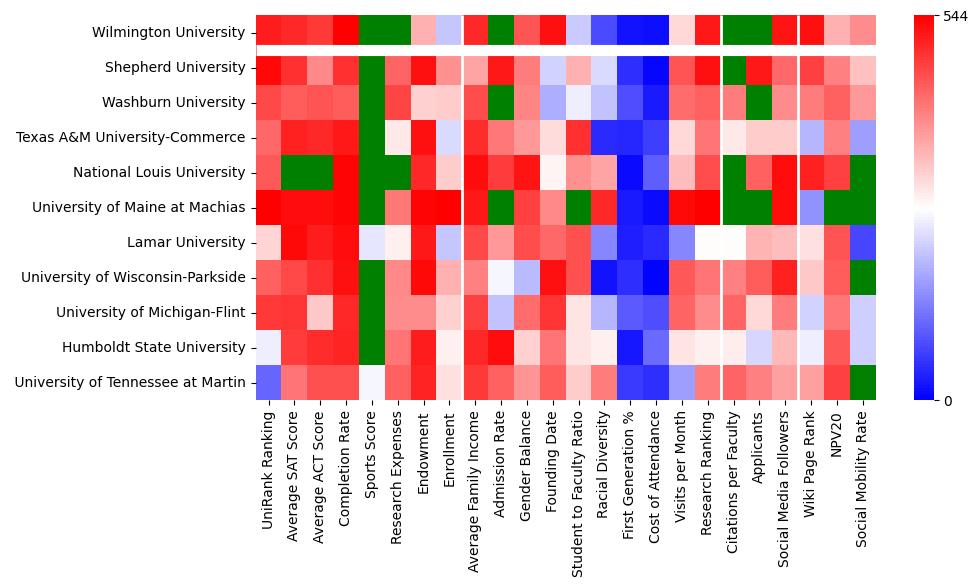Wilmington University, established in 1968, is a private, non-profit institution located in New Castle, Delaware. It began as Wilmington College, initially offering programs tailored to working adults, and has since expanded its reach and curriculum to accommodate a diverse student body. Today, Wilmington University serves over 20,000 students across its multiple campuses and online platforms, offering a range of undergraduate, graduate, and doctoral programs. The university prides itself on its commitment to flexible learning options, catering to non-traditional students through evening, weekend, and online classes.
What sets Wilmington University apart is its focus on providing accessible and career-oriented education. The university has developed strong ties with local industries, ensuring that its curriculum stays relevant to current market needs. This connection to industry is reflected in its cooperative education and internship opportunities, which allow students to gain practical experience while pursuing their degrees. Wilmington University also emphasizes a supportive learning environment, with small class sizes that foster personalized attention and mentorship from faculty.
Academically, Wilmington University offers a robust selection of programs, known for their practical and applied learning approaches. The university’s College of Business is particularly well-regarded, offering degrees in fields such as accounting, marketing, and business management, which are designed to equip students with the skills necessary for the dynamic business world. Additionally, the College of Health Professions is notable for its nursing and allied health programs, which are designed to meet the growing demand for healthcare professionals. The university's commitment to maintaining high academic standards is evident in its accreditation by the Middle States Commission on Higher Education.
While Wilmington University offers many strengths, there are areas that some prospective students might find concerning. The university does not have residential facilities, meaning students need to seek off-campus housing, which may not appeal to those looking for a traditional college experience. Additionally, while its online programs are extensive, some students have noted that the quality of online instruction can vary, and they may find it challenging to engage with faculty and peers as effectively as in-person settings. Despite these challenges, Wilmington University continues to focus on its mission to provide a flexible and career-oriented education, addressing these issues through ongoing improvements and feedback from its student body.



